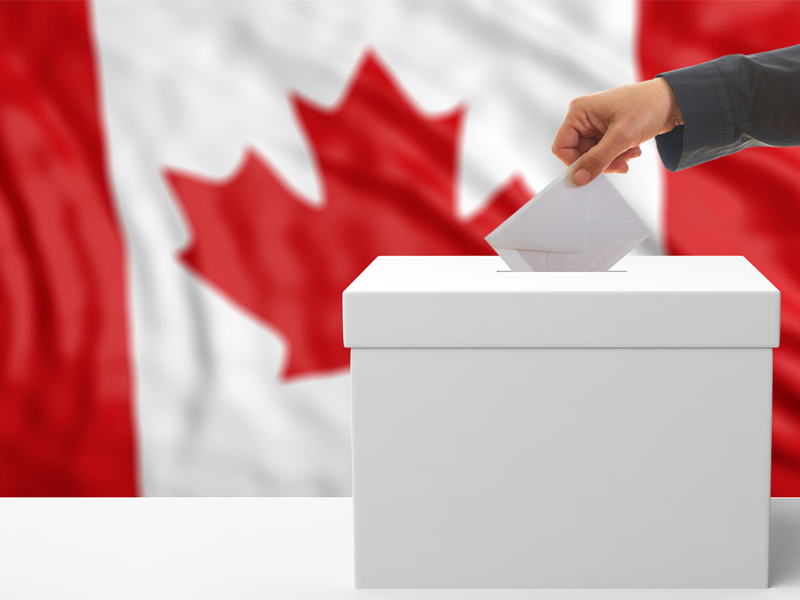
Most members of the political class seem to think there won’t be an autumn election — and for good reason.
Any political party would have to be crazy to force an election with a pandemic going on, especially when almost seven out of 10 Canadians think the Trudeau government is doing a good job managing Covid-19, according to an Angus Reid poll.
Even after the hammering the government took over the WE Charity affair and the sudden departure of former finance minister Bill Morneau, Prime Minister Justin Trudeau’s own approval ratings are stabilizing.
The governing Liberals want to avoid a repeat of what happened when former Ontario premier David Peterson called a snap election in 1990 amid the Meech Lake crisis. The Liberals lost and didn’t return to power in Ontario for another 13 years.
Still, there is a small chance Canadians could be going to the polls before the year’s out, and there are tangible signs of a changing political landscape.
Let’s begin with the Conservatives under their new leader, Erin O’Toole. Alongside the slogans and red meat thrown to the party base in O’Toole’s leadership platform, there was interesting content on climate change.
The platform states climate change policy will be based on the principle of making industry pay, “incenting positive economic change” and a “national pricing” regime.
Even though O’Toole’s policy smacks of a carbon tax, you can be sure the Conservatives will continue to oppose the federal carbon tax — just as the Liberals continued to oppose free trade in the months following the 1988 election before taking ownership of it as policy.
Although O’Toole’s policy book is a work in progress, it is already an improvement over what his predecessor went into the most recent federal election with. Lack of a substantial climate policy in 2019 probably cost the party votes in the seat-rich urban areas of Ontario and Quebec, which the Conservatives must win to retake power.
Under O’Toole, the Tories may finally be thinking about the long term. For example, O’Toole’s platform also included a tax credit for telecom companies building high-speed infrastructure in rural areas. With anticipated reliance on online learning in a post-pandemic world, the digital divide will be a major issue.
In the meantime, O’Toole needs to stop making stupid mistakes, such as staying silent after a member of his caucus used social media to send a message many consider anti-Semitic.
As for the Liberals, Trudeau’s throne speech scheduled for Sept. 23 is especially important.
Normally, voters are suspicious of change. The Trudeau government is betting current times are like the end of the Second World War, when people not only expected change, they demanded it.
The government is signalling that the throne speech will be the beginning of a post-pandemic world order that could include the creation of a green economy, a national daycare program or even universal basic income.
Such a speech will make a dandy manifesto that can be condensed into a campaign platform for the next election — which the Liberals hope won’t happen until next spring at the earliest. And the speech will fit nicely into a slogan the Liberals have been floating over the summer: “Build back better.”
Sept. 23 will mark the beginning of a new era for the two major political parties. Although the throne speech is likely to pass, the Liberals may have a rough time getting their 2021 budget passed.
But whenever the next election is called, the campaign will have already begun.
Advisor chargebacks are bad for the industry
The CSA is considering a ban on the practice